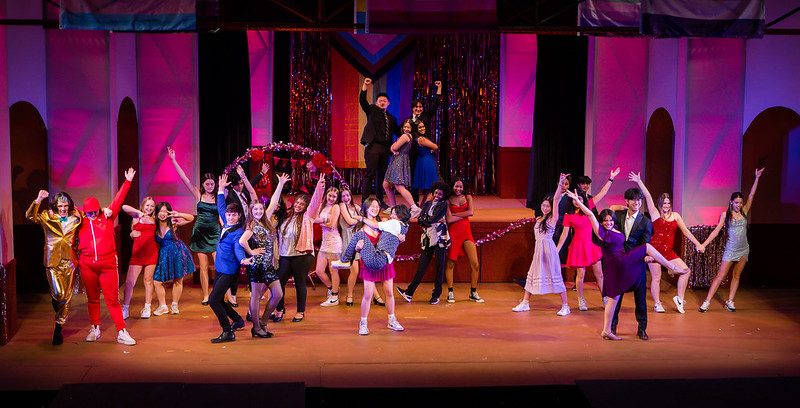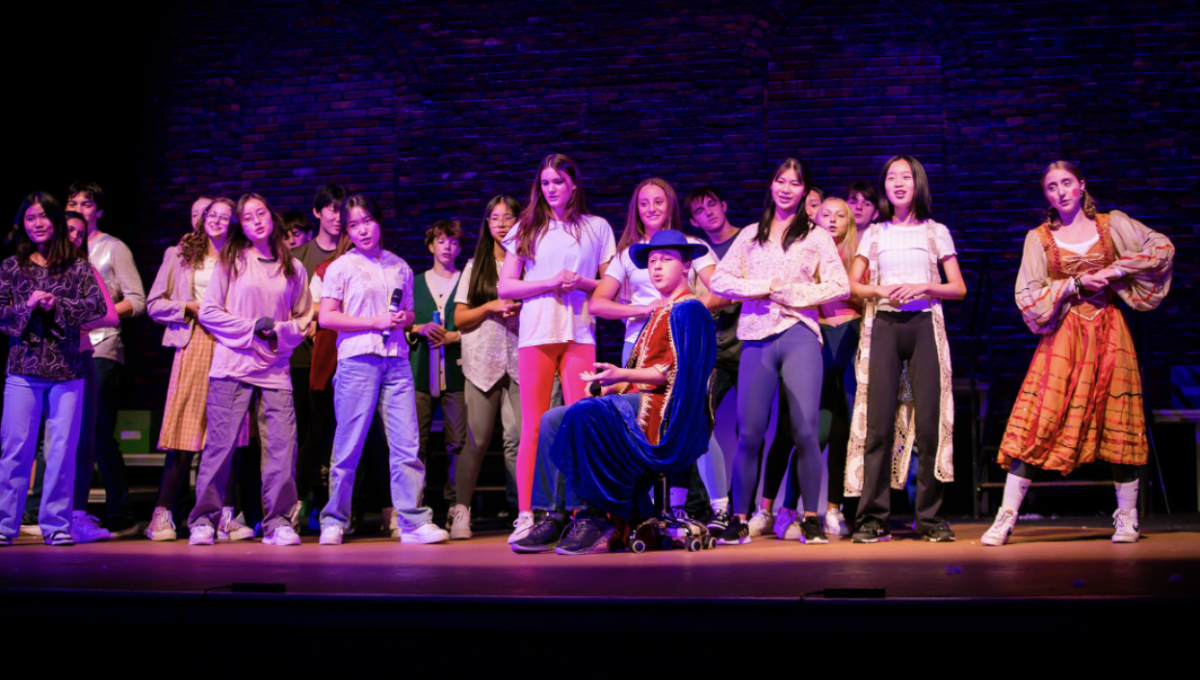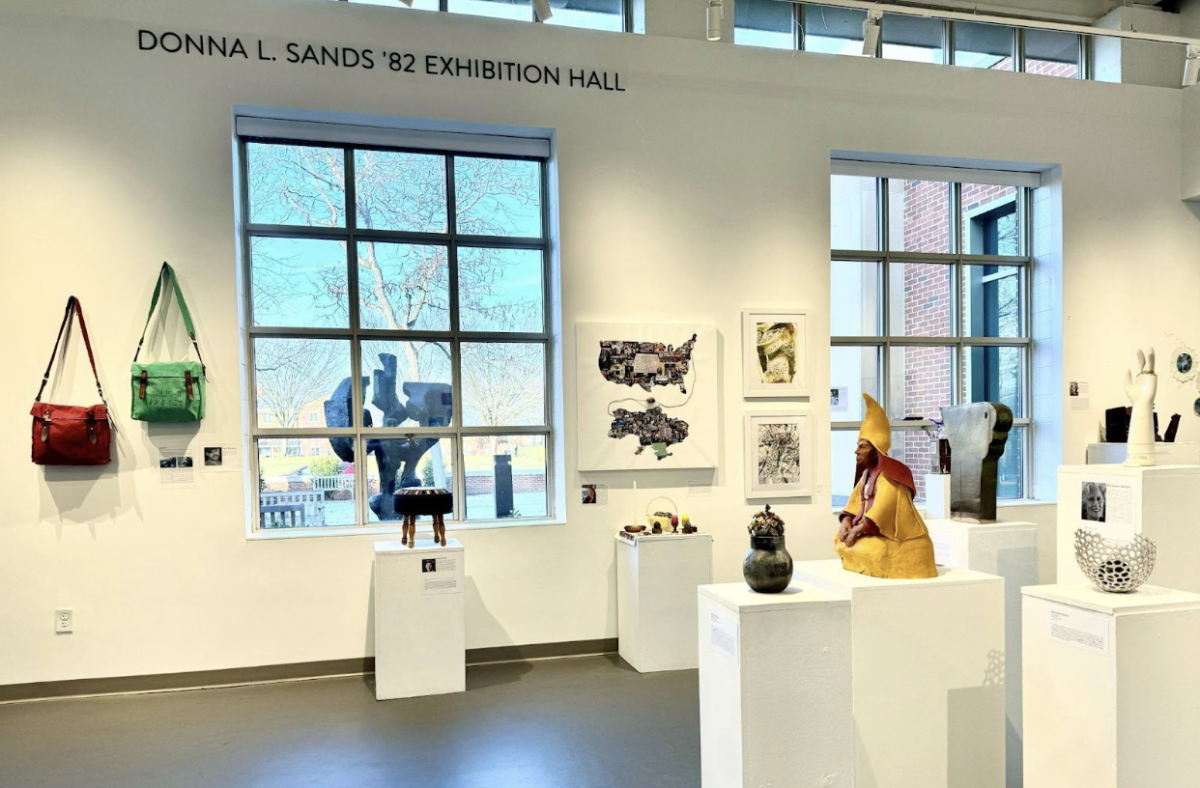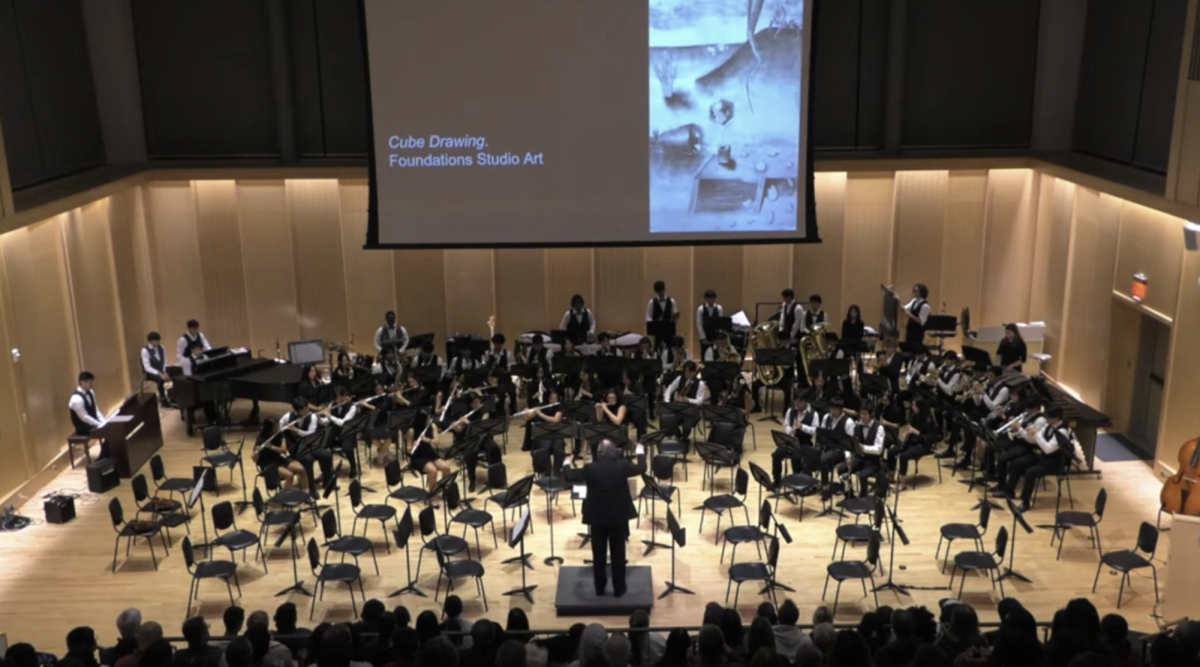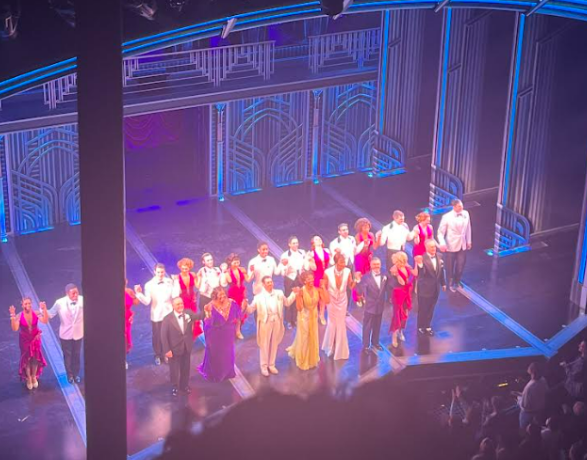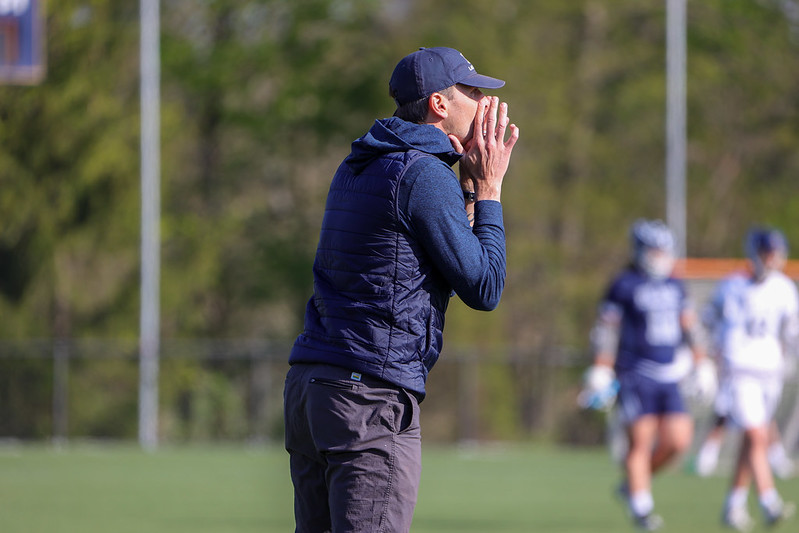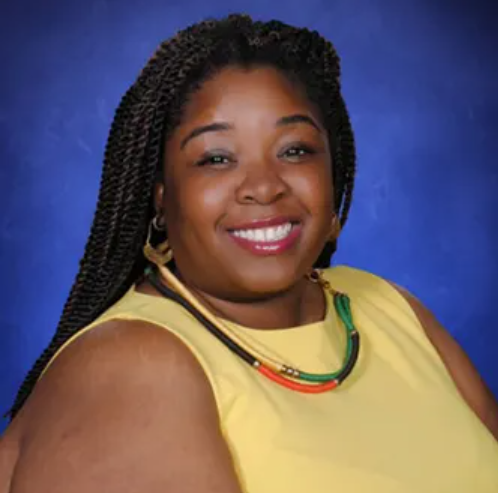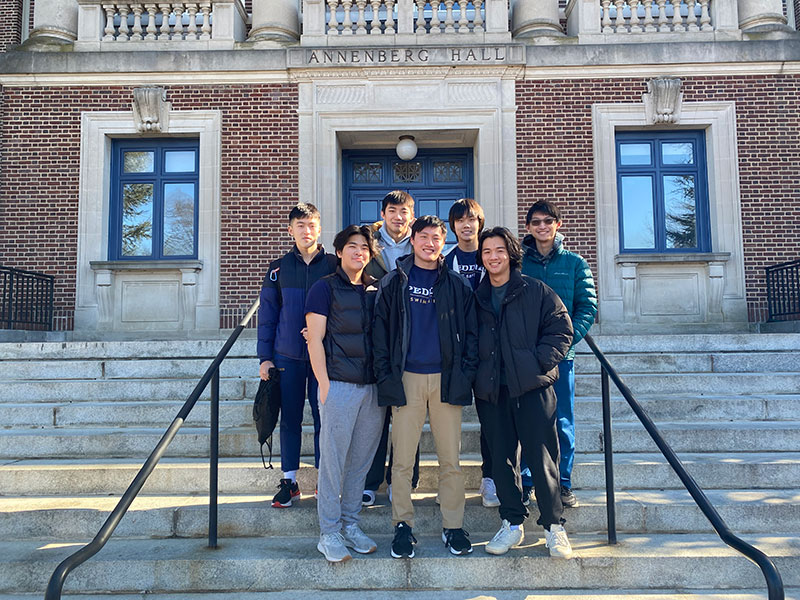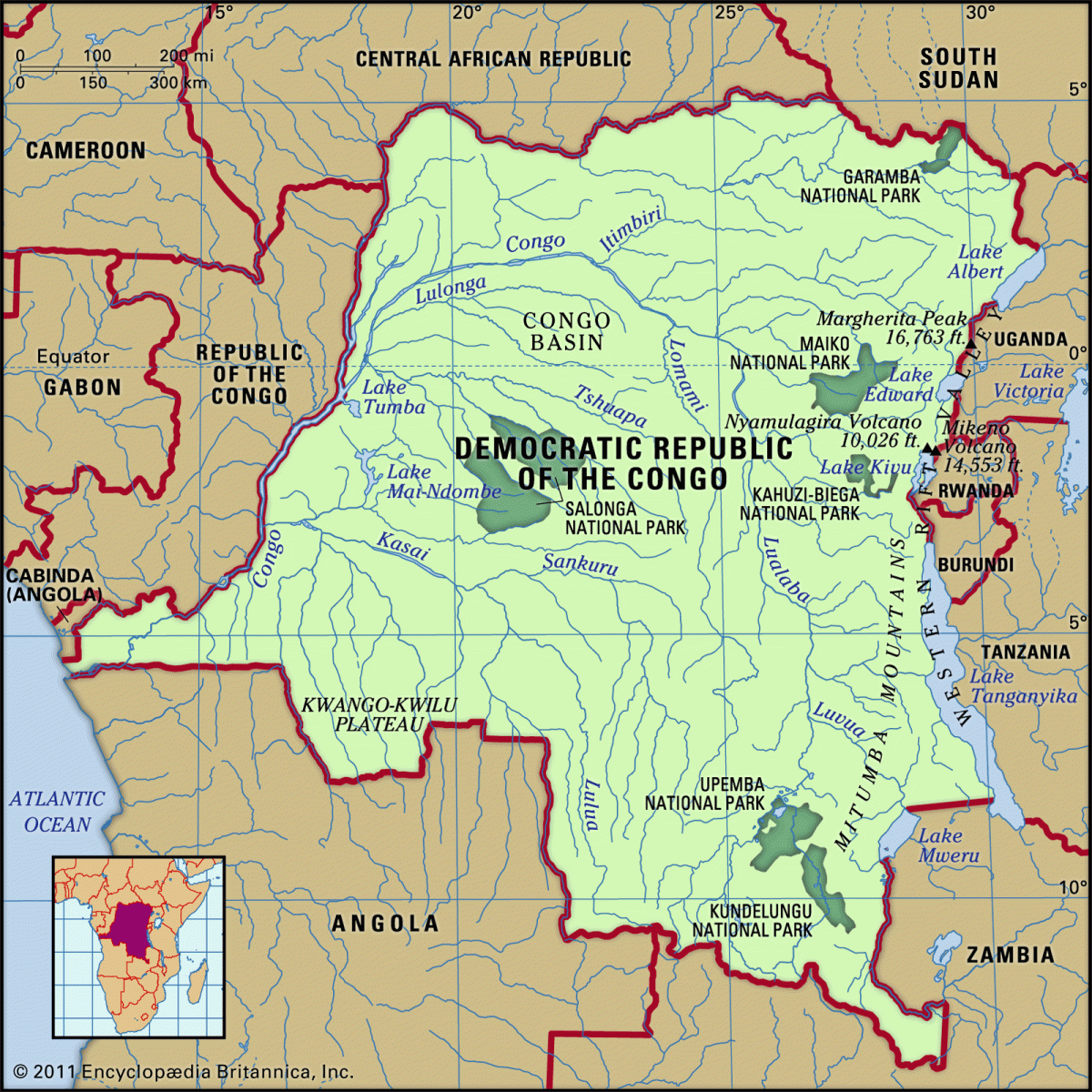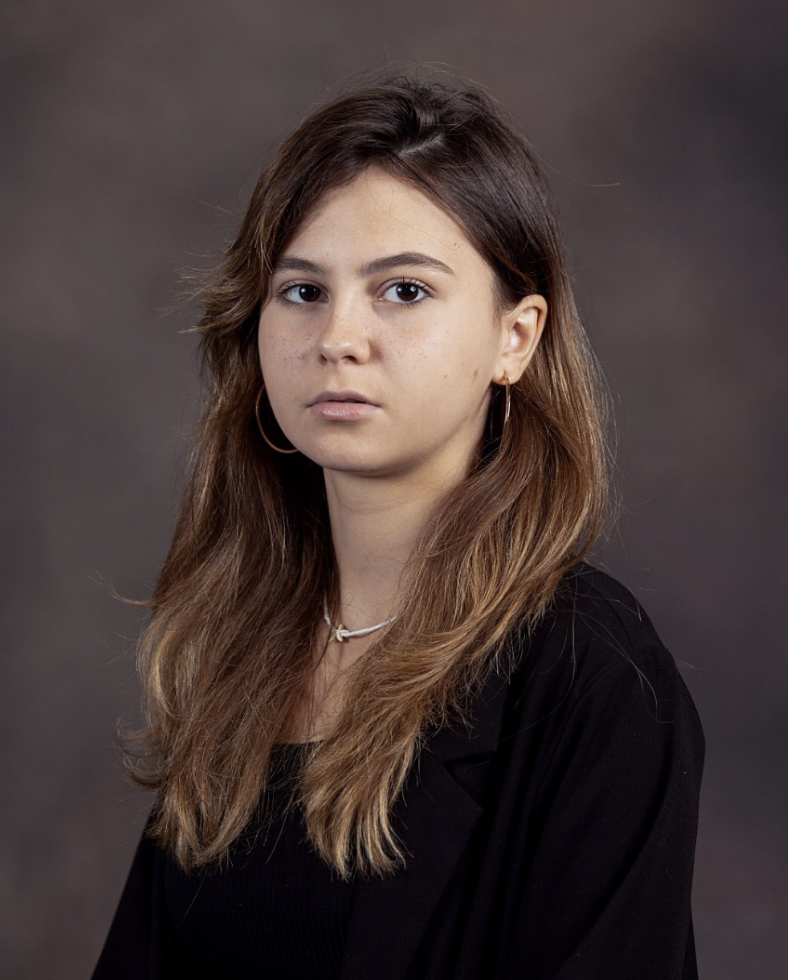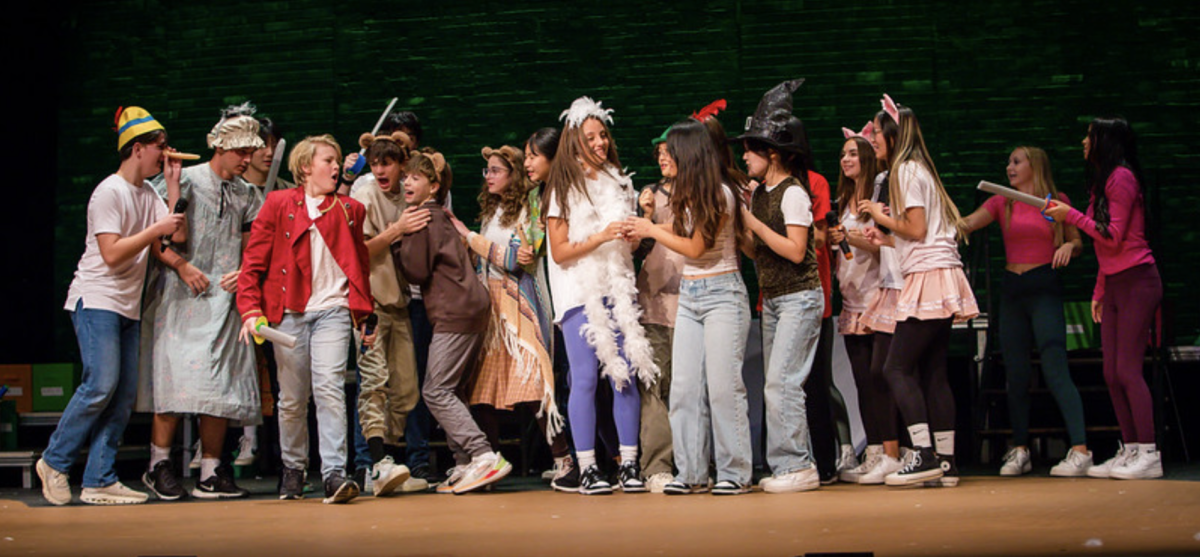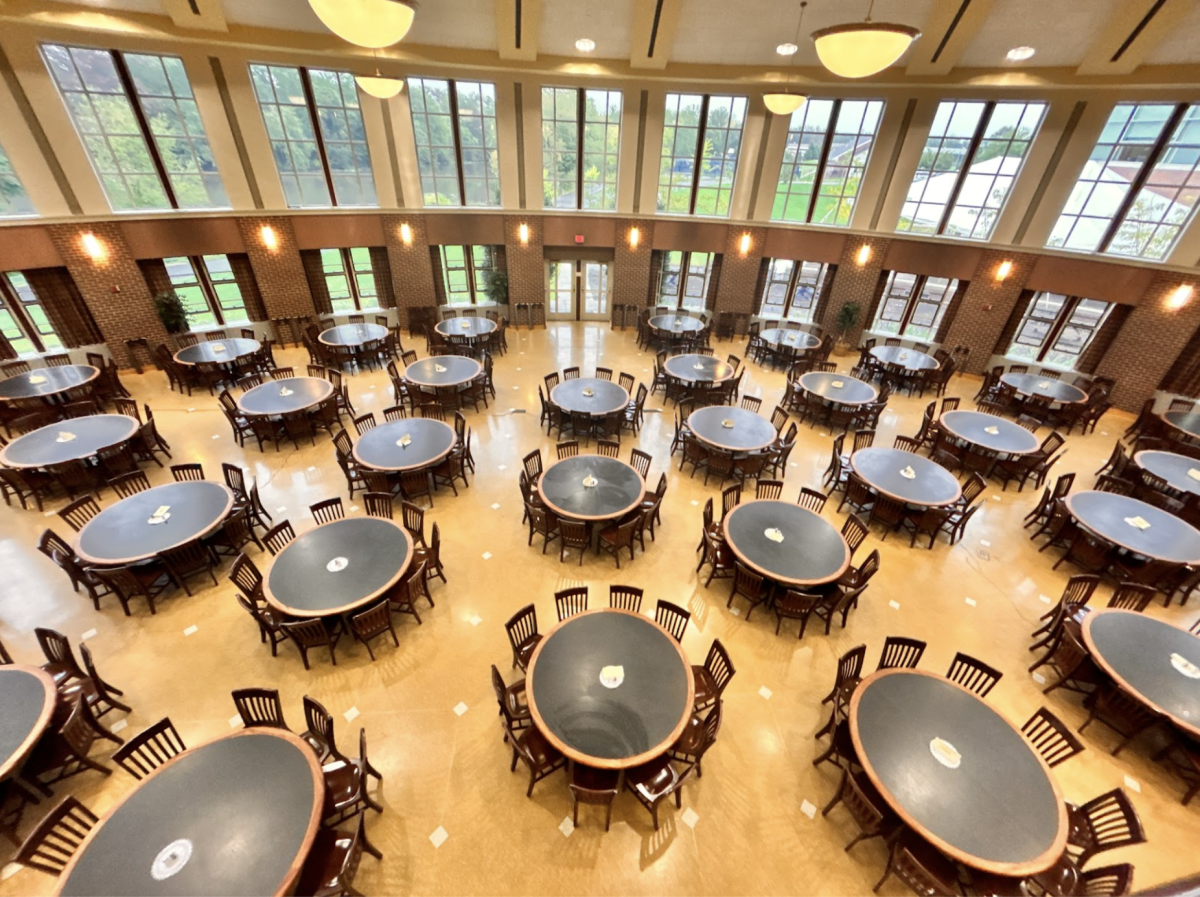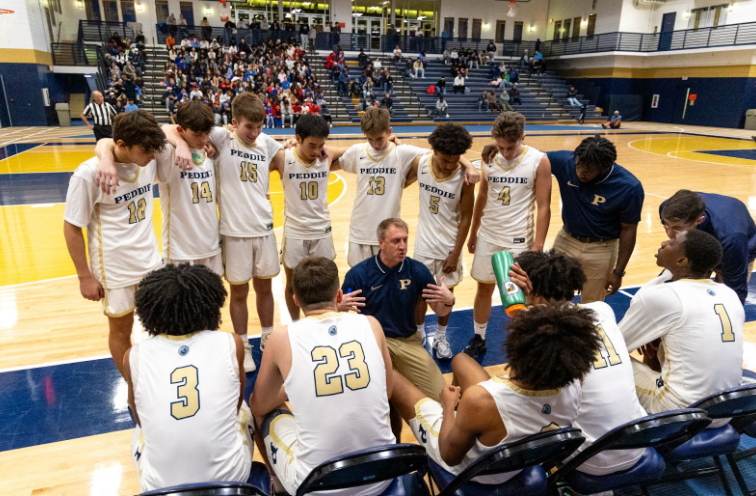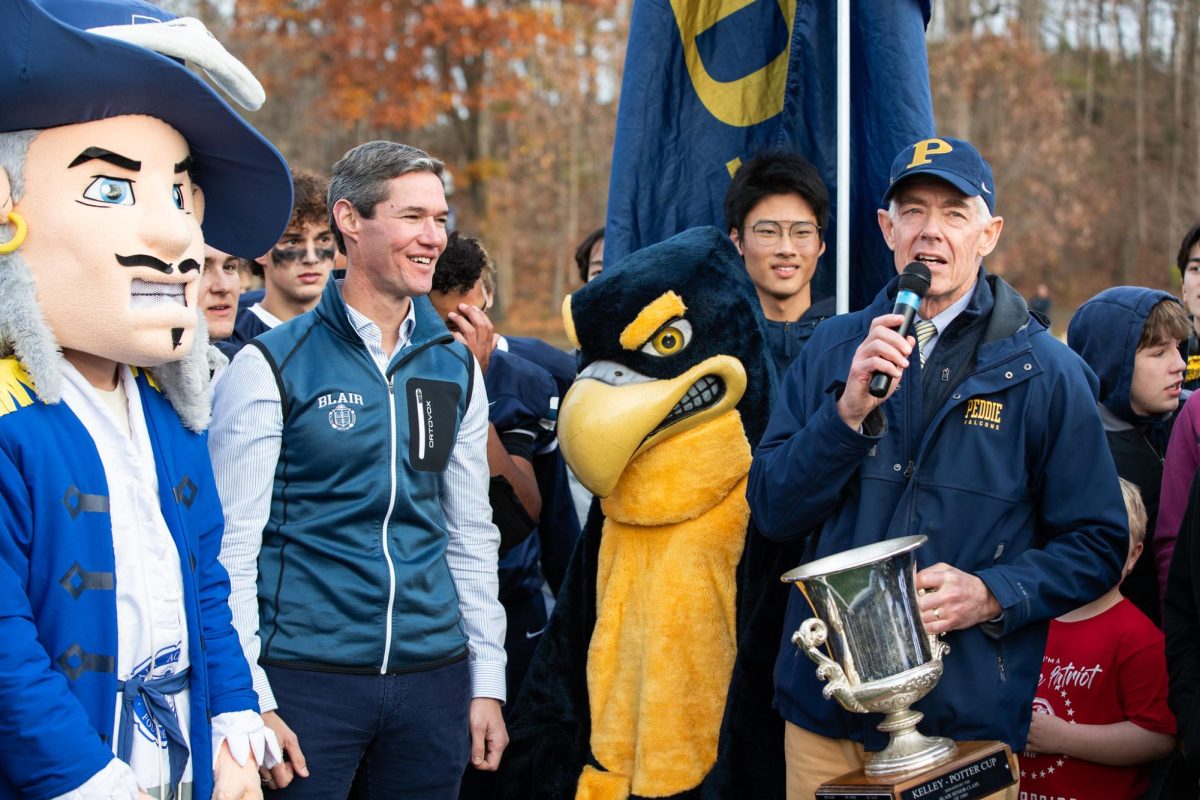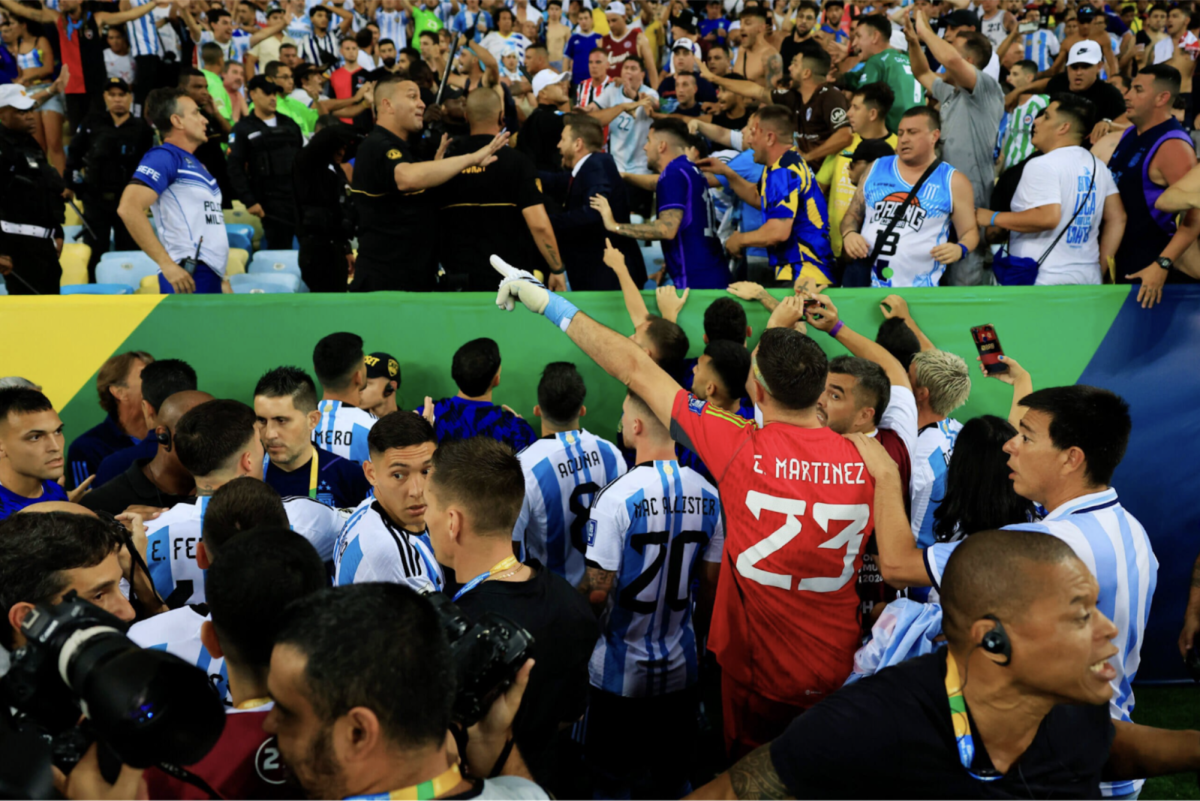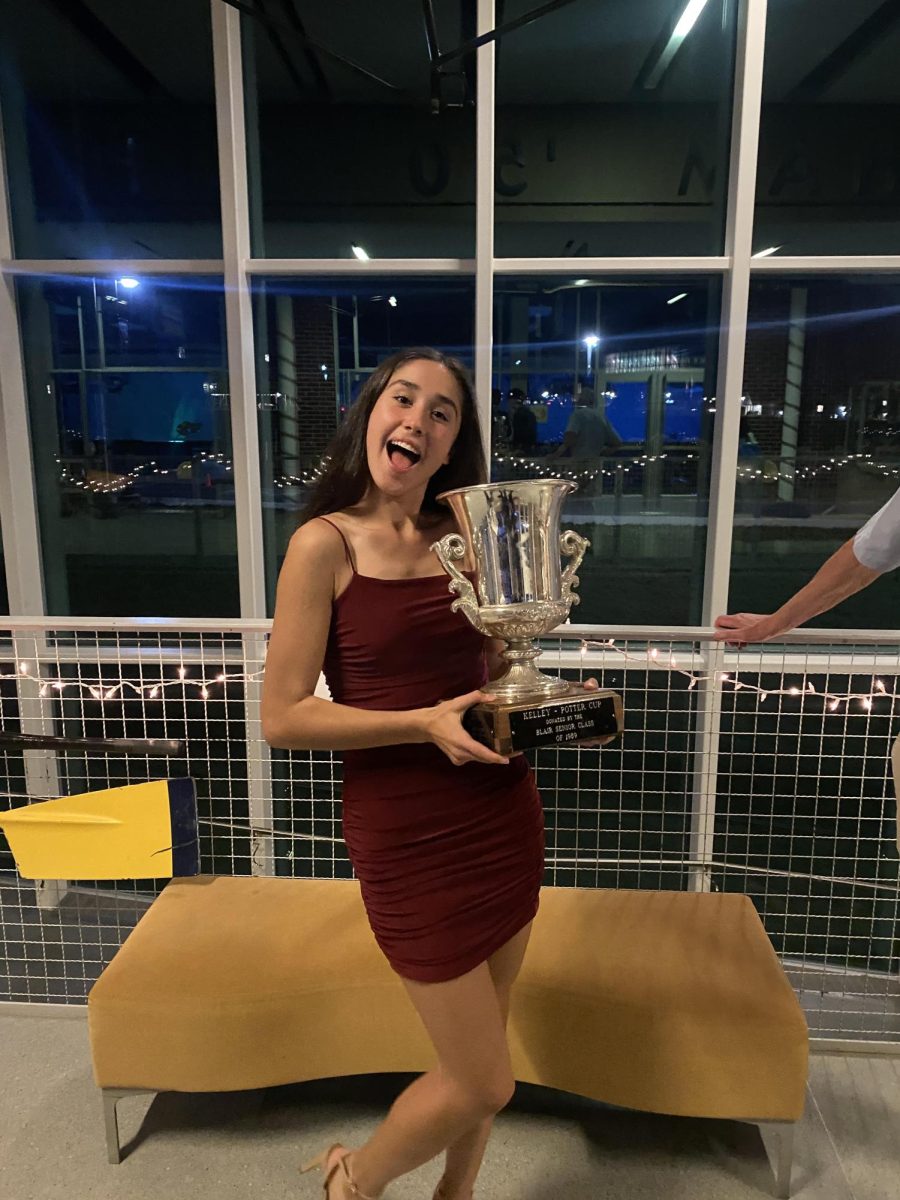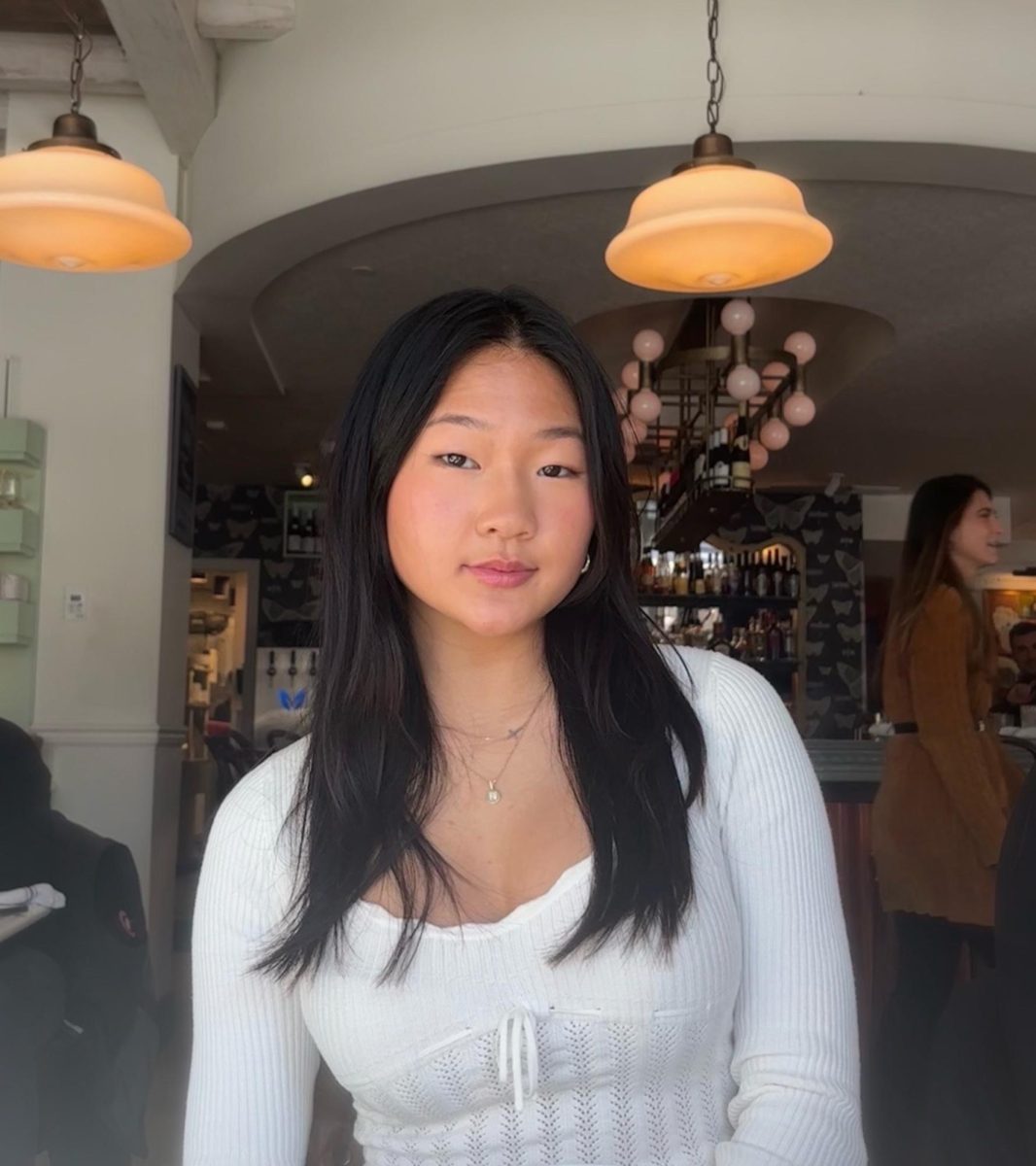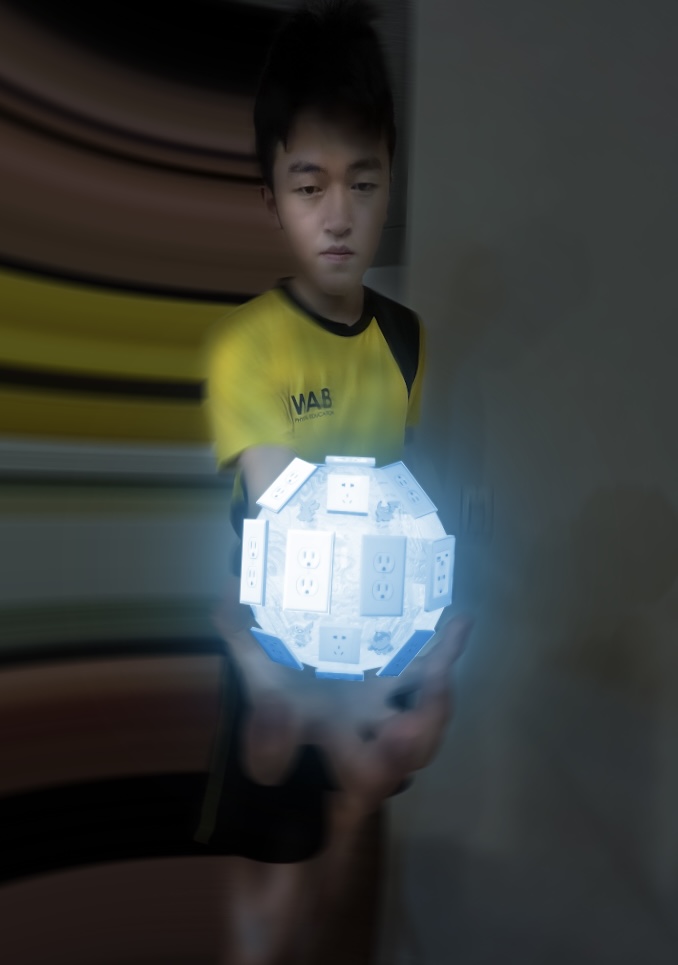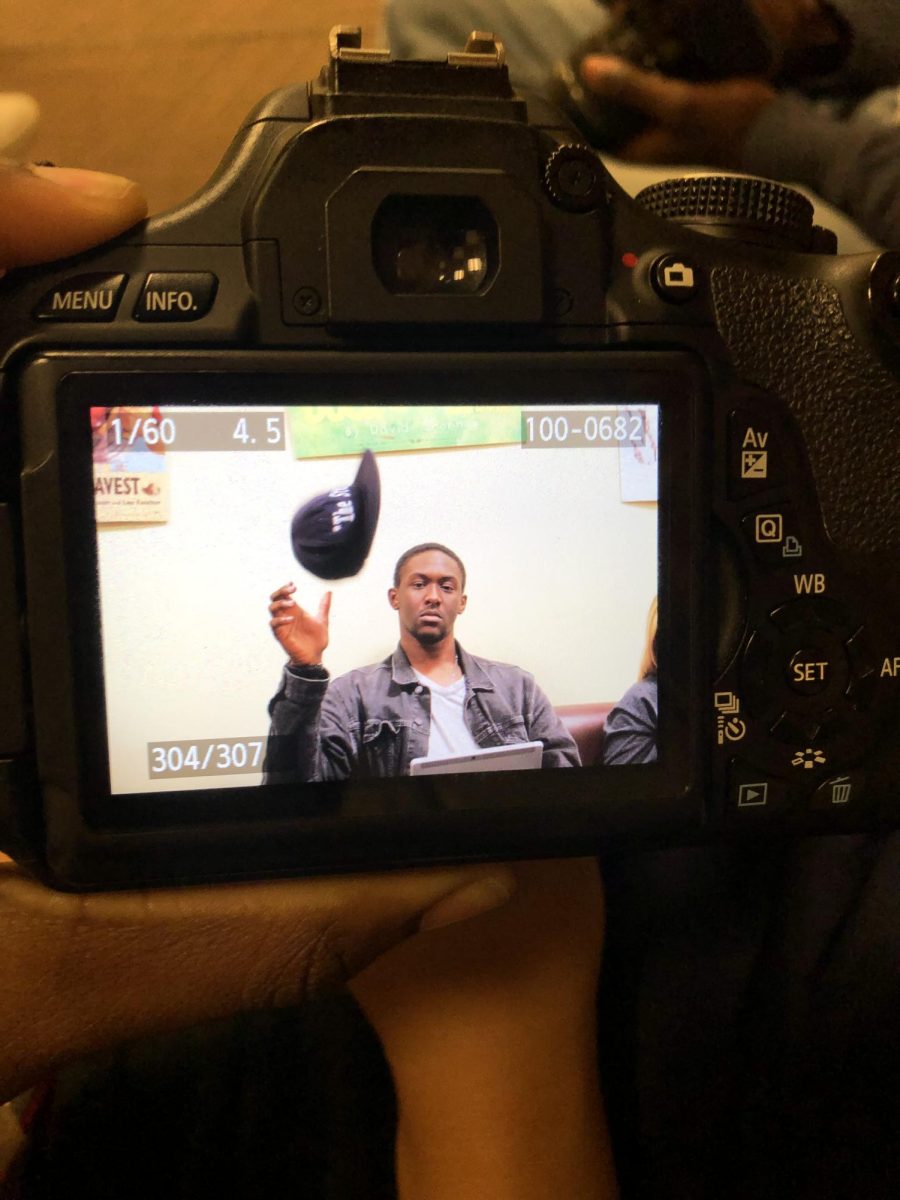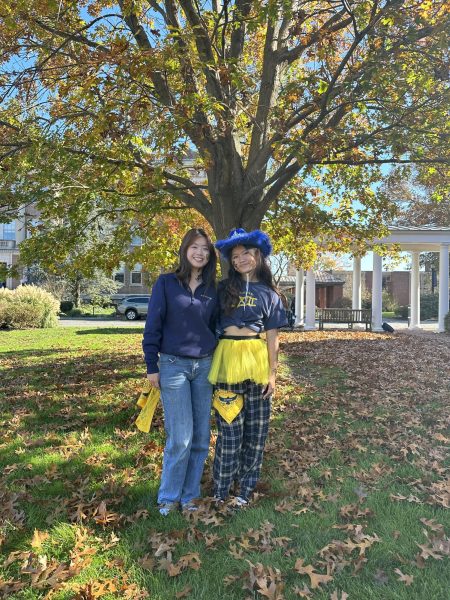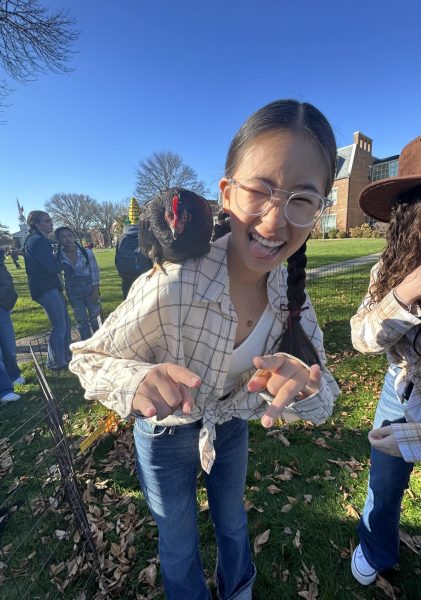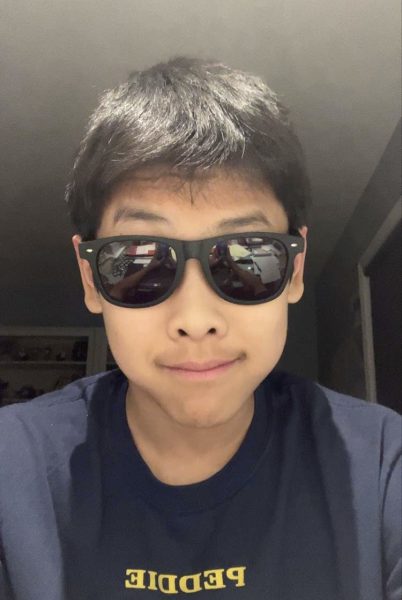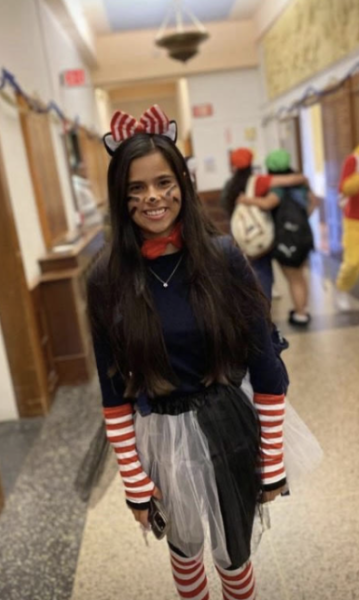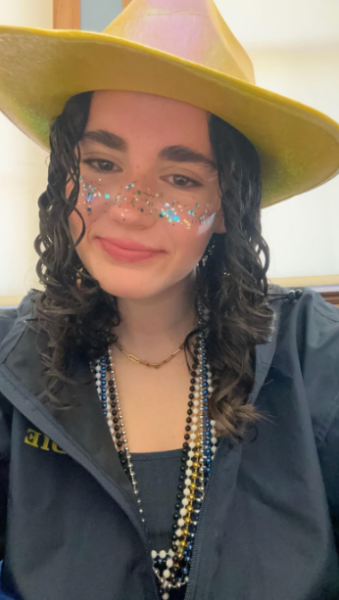Demystifying Mr. Burns
October 27, 2022
Peddie Theater’s first production post-corona, Mr Burns, a Post-Electric Play by Anne Washburn, proved rather puzzling for most of the audience. The play detailed the evolution of a group of people remembering “Cape Feare,” an episode of The Simpsons, immediately after an apocalyptic event, to the same group, now an acting troupe, performing the same episode seven and 75 years into the future. Focusing primarily on certain devices and motifs, like Itchy and Scratchy or Matt’s notorious, “wom wom wom wom,” the play was not traditional storytelling by any means, but rather examined the evolution of storytelling through time. The first act, based verbatim upon the original actors’ attempts to recall the episode (hence the sentence structures and grammar, which Santiago Galvan ‘22, actor for Matt in the production, found, “impossible to memorize”), explored how a story like “Cape Feare” might be told around a campfire, the second act examined how the troupe dealt with commercializing their performance, and the third act, a play within the play depicting a memorable battle between the demonic titular character (who, at this point, supplanted Sideshow Bob, the episode’s original villain) and the newly deified Simpsons, fully developed the motifs and characters introduced in the first act, assessing how the play adapted to its new post-electric, post-apocalyptic setting.
The complexity of the play caused most of the audience to decry its confusing nature, but Mrs. Elizabeth Sherman, the director of the play, believes that “People were quick to say ‘I don’t know what’s happening,’ but I think if I asked you what you think was happening, I think you knew. It’s just what it is. It’s just a weird play.” The play’s richness in symbolism and subtext, ultimately the cause of its confusing nature, caused Santiago, despite initially having reservations, to remark that, “every time I went through it, I discovered something new.”
The scheduling of the play constituted another difficulty for the production. Traditionally taking place two weeks later, the fall play was not only significantly earlier than usual, but also took place during the Halloween and checkmark application deadline weekend. Because of this, Santiago said “To everyone who came out and watched it, I appreciate it because we were sort of scared there wouldn’t be much of an audience because they chose the worst possible weekend… I just want to say thank you to everybody that did find the time to come and watch it because it really means a lot to the cast.”
The nontraditional structure of the play posed another great challenge, particularly the lines. Mrs. Sherman was proud of her actors’ ability to memorize their lines despite their unusual structure, but she was especially proud of the actors’ ability to sustain a level of intention and focus for what this challenging play required. She goes on to remark that, “it took us a very, very long time to understand the play enough to get off-book, and so the process, in a way, was too short for what the play required, with such young and inexperienced actors.” However, despite the difficulties, the actors’ levels of enthusiasm never dropped, and the tremendous effort they put into the production was commendable. Santiago believes that, while the audience may have lost the plot, he did hear that they thought the acting was good, the production quality was good, and had a fun time watching the play.
Despite ostensibly occurring after the pandemic, the coronavirus was an ever-present concern for the production. Several actors had to miss rehearsals for showing symptoms, and all the actors still needed to be masked while singing, though not while acting. A large part in determining the play rested in Mrs. Sherman’s desire to produce a more challenging play that would pose questions about the very purpose of theater, and she remains, “pessimistic, but hopeful” about the future of theater. With yet another wave of corona behind us all, Peddie Theater remains prepared to, “meet life gloriously.”

